
Search Intent
There are over 200 ranking factors to rank higher in Google Search.
But is Search Intent the most important ranking in July 2024?
Optimise for one type of user intent utilising the one page for one corpus SEO strategy.
It certainly raises an interesting debate because for many years people have always said backlinks is the #1 factor.
Contents
What Is Search Intent?
Search intent is the why behind a search query.
Here are some reasons why the person made the search:
- Do they want to learn something?
- Are they looking to make a purchase?
- Are they looking for a particular website?
Google’s aim is to provide users with the most relevant result for their query hence the reason why it is paramount for Google to understand the intent behind the search.
“Organise the world’s information and make it universally accessible and useful.”
Understanding Search Better
Why did someone choose to do that search today?
Why did they choose to click one link and not others?
Focusing on the needs that drove the search today is a huge opportunity because the Psychological Search Intent is the reason behind the searcher performing that query.
Googles job is to figure out what you’re searching for and surface helpful information from the web, no matter how you spell or combine the words in your query.
Google introduced a neural network-based technique for natural language processing (NLP) pre-training called Bidirectional Encoder Representations from Transformers aka BERT.
BERT can process words in relation to all the other words in a sentence, rather than one-by-one in order. BERT models can, therefore, consider the full context of a word by looking at the words that come before and after it.
These advancements are particularly useful for understanding the intent behind search queries. As you can see here they are understanding searches better than ever before with the improvements made to the algorithms BERT update.
The Psychology of Search Intent
The psychology of search intent is the reason behind a searcher’s query on Google.
The Psychology of Search Intent represents the objective the searcher is trying to accomplish.
SEO Copywriters focus typically just on the moment someone searches and onwards.
Not enough thought process goes into focusing on the needs that drove that specific search completed.
Copywriters need to understand the scientific study of user behaviour and user journeys so the context within your article resonates with the reader.
Why BERT Is Changing The SEO Game?
Now BERT can understand words, phrases and meanings in the sentences with Bidirectional systems the whole ranking for keywords strategy is changing.
Keyword Intent is now becoming topic intent and matching the search query with the best concise answer is what is winning in July 2024.
The answers to your search queries need formatted and structured in a way for Google to easily grab your answer and place you to the top of the search results.
Best Guides for Search Intent SEO
From our research here is the best guides for search intent SEO:
Thoughts From The Biggest Online Entrepreneurs
The best way to settle arguments or debates on this is to see what the biggest SEOs and affiliate marketers say with regards to search intent.
Joshua Hardwick
Fail to give searchers what they want, and your chances of ranking are slim to none. We’ve seen this time and time again with the content we publish.
Even if you do manage to “trick” Google for a short while and rank with a low-quality or ill-fitting page, you can bet your bottom dollar that they’ll figure things out eventually. It might be tomorrow, or next month, or next year, but when they do, your rankings will drop like a stone.
If you want to rank long-term, make it your mission to give searchers what they want. Google will almost certainly reward you for doing so.
Rory Truesdale
Rory believes search intent is one of the most important Google ranking factors. Check his video here from Search Leeds:
In the video he explains some awesome ways to extract co-occurrence of close proximity words to add to your blogs.
Matt Diggity
Google’s goal with organic search has always been able to provide the best answer to a query. Google has become increasingly smarter at understanding a query’s search intent.
The more you can satisfy the user’s search intent, the more likely you are going to get that #1 rank.
Look at the search results for the specific queries to get a good idea of the search intent and how the websites on the first results page satisfy those queries. For example, for the search term “buy headphones”, you are not going to rank #1 with a “Top 5 Headphones affiliate post”.
In this example, the intent is to purchase, not to read a review.
Google knows what people are looking for. It’s your job to give it to them.
James Z Dooley
We have found that if we format sentences in a specific way that meets the search query precisely, we are getting huge jumps.
Google used to rank keywords and be a mathematical algorithm where simply placing words in certain positions could rank your websites. But now with BERT you need to structure your sentences better and concentrate on search intent much more.
If you write precisely the answer in a structural format you stand a great chance to rank higher in the search engines.
“If you want to rank in July 2024, you need to be the most relevant result for the query. First and foremost, that means creating content that aligns with search intent.”
We have tested surfer SEO and structuring sentences for keyphrases we should not rank for on the merits of backlinks or supporting content and seen jumps from the second page all the way to ranking number one in Google.
Matching the keyword intent of the search outweighs all other ranking factors because Google wants to return the best answers to the query.
For that reason, I believe Search Intent is the most important ranking factor in July 2024.
Brian Dean
Satisfying Search Intent is ultimately Google’s #1 goal.
“If your page doesn’t satisfy Search Intent, it’s not going to rank”
Search Intent (also known as “User Intent”) is the main goal a user has when typing a query into a search engine.
Common types of Search Intent include informational, commercial, navigational and transactional.
So if you want to succeed with SEO and content marketing today, Search Intent needs to be a big part of your approach.
Even if Search Intent is obvious, you still want to look at the pages that already rank for that keyword. The posts on the first page have obviously passed Google’s user intent test.
The people also ask boxes are a goldmine of user intent info because this is literally telling you questions around your corpus serp set.
“Don’t hedge your bets. Instead, Optimise HARD for one type of user intent”
It takes an Advanced Search Intent SEO to figure out if a Search Intent properly. It is easy to see if the intent is Commercial or Transactional. But if you want to take this process to the next level, you need to get SUPER granular.
Researching the SERPs and correlating to what Google show is key because these webpages have passed the user intent test set out by the algorithms.
A.J. Ghergich
Understanding search intent is the key to better keyword research.
Here are the steps to research user intent on search queries:
- Google your main keyword and analyze the results.
- Understand which search intent categories Google is displaying
- Hone in on results for a specific category such as Informational
- Use Answer the Public to find additional question and preposition keywords
- Analyze your keywords in bulk with Keywords Everywhere
- Create a target keyword list that aligns exclusively with your search intent category
- Use the remaining keywords to create a rough outline
- Get the avg. content length of the top 10 results to approximate the depth your content should cover
- Hand the outline (not the keyword list) to your editor
- Make any slight optimization changes needed before publishing
Make sure you stay on track and hyper focus on that single user intent query.
Cyrus Shepard
Satisfy the user isn’t a touchy-feely factor that says “Make great content and visitors will come” or “Delight your customers and magic will happen.”
I highly suspect satisfaction is one of Google’s most important metrics used to judge the performance of its own search results.
It’s easy to tweak a keyword. It’s much harder to stop visitors from clicking the back button on your website when they don’t find what they were looking for. Satisfaction is very difficult to game; perhaps that’s why search engines place so much emphasis on it.
“Stop thinking about optimizing your page and think about optimizing the search experience instead”
There are two types of SEOs: those that try to satisfy robots, and those that satisfy users. The robot-focused SEOs build pages with just the right keywords and title tags, hoping to attract the bots on relevancy. I say “try” to satisfy users, because search engines are actually watching the users. If the users aren’t happy, neither are the bots.
Phil Drinkwater
Matching the Psychological Search Intent will get more clicks and a higher trust level from Google.
“If you can understand the reason that someone made a search today, you have the opportunity to meet their psychological desire either head-on or more subtly, demonstrating a level of understanding and support for their psychological need… the sites which match the Psychological Search Intent will get more clicks and conversions, leading to higher rankings, which will lead to more links and a higher trust level from Google.”
Start learning some psychology and get creative with user intent searches.
Search Engine Watch
Jim Yu at Search Engine Watch talks about the states of mind as the user searches for a specific query.
“Beyond matching keywords alone, Google has parsed its massive stores of data to better understand the phrases, search history and other elements of query to better understand user priorities and states of mind when using the web search platform. As a result, they have optimized their search ranking algorithm and user experience to better align with what data says users really want.”
Google wants to optimise their results for user experience and can now better align what the users intent is with data collected for over a decade.
Ryan Stewart
Ryan Stewart in his Blueprint Training Course talks about SERP Intent is one of the most important ranking factors.
“If you don’t adjust your content to be focused on SERP Intent, you will NEVER rank for your target keyword. This is how keyword research will fail you.”
Watch the quick video below where Ryan breaks down exactly how “keyword intent” fails us and an example of why “SERP intent” is so important.
Summary
How are you checking your user intent on blogs that are on point and focusing on a single corpus?
You really need to be using tools in today’s content marketing worlds like POP, CORA or SURFER SEO.
Make the most of the limited trial 7-day offer here above and check where your content is lacking from correlation and search intent to what is currently ranking.
Customer journeys, segmentation and the whole consumer thought process are needed to be covered with careful siloed content hubs.
Creating the silos that cover the topic in its entirety is what improves your Information Gain Scores for SEO in July 2024.
Google’s vast data as interpreted through its micro-moments model reveals that in plain terms.
If you match the SERP intent to the results in the search engine results pages you are correlating to Google vast amount of data.
- Absolute Links vs Relative Links

- AI Content Detection

- AI Copywriting Software

- Artificial Intelligence For Content Writing

- Autoblogging AI Review

- Bolded Keywords in Google SERP
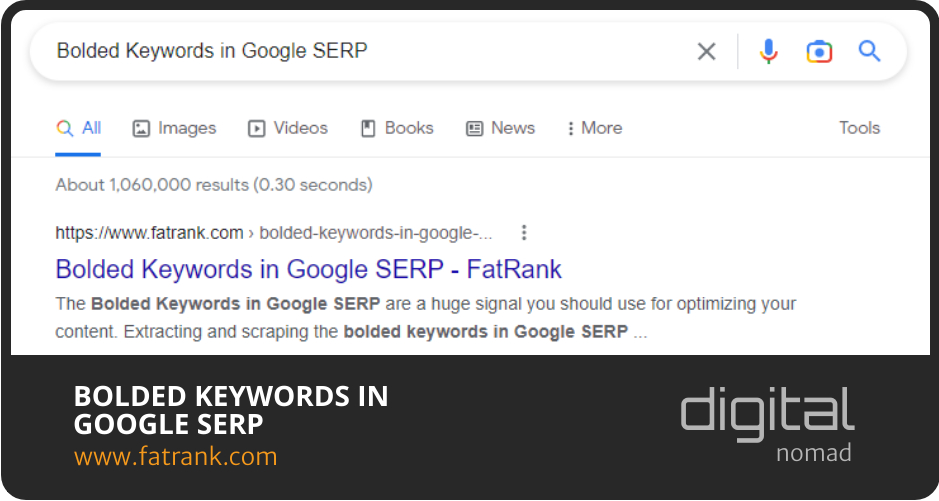
- Content Briefs

- Content Cannibalisation Google Penalty

- Content Decay

- Content Doctor
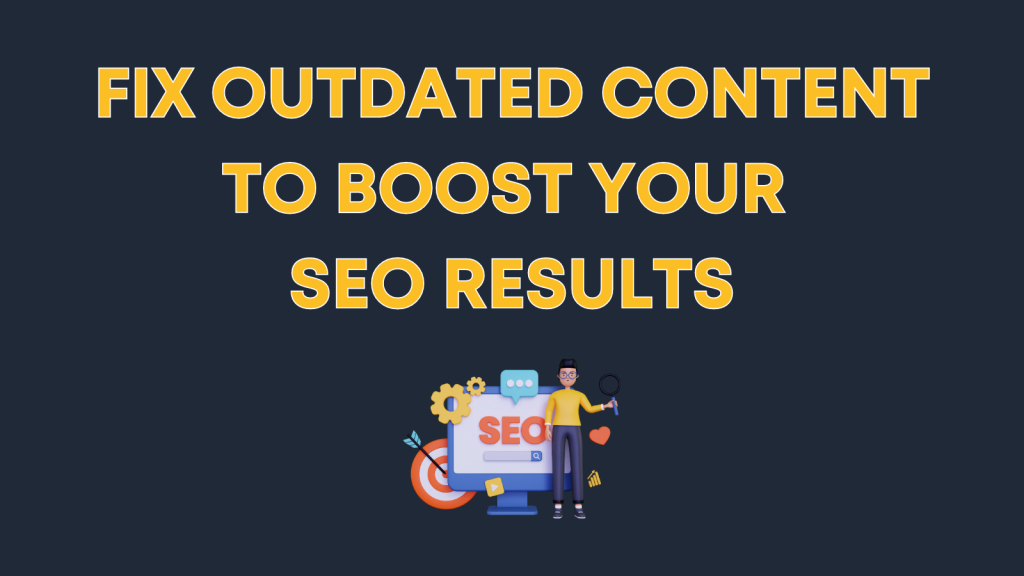
- Content Expansion

- Content Harmony Review
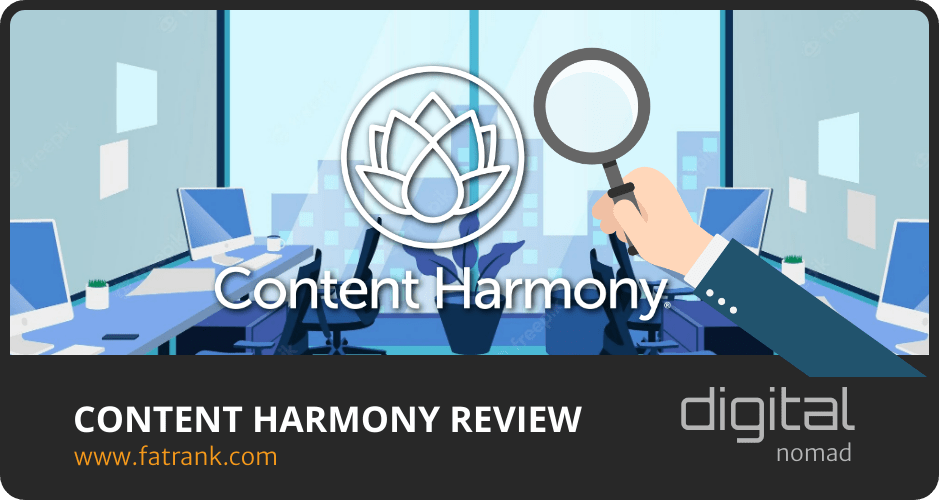
- Content Plan Roadmap
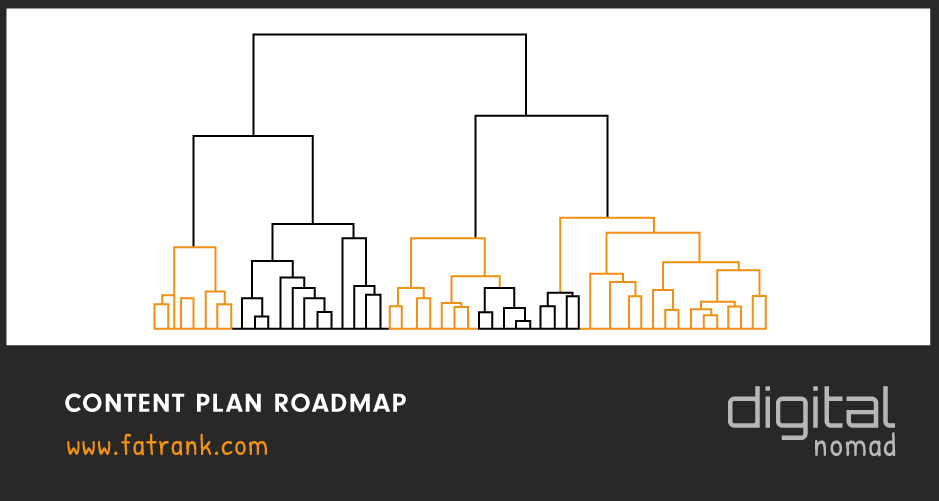
- Content Strategist

- Content Team

- Dashword Review
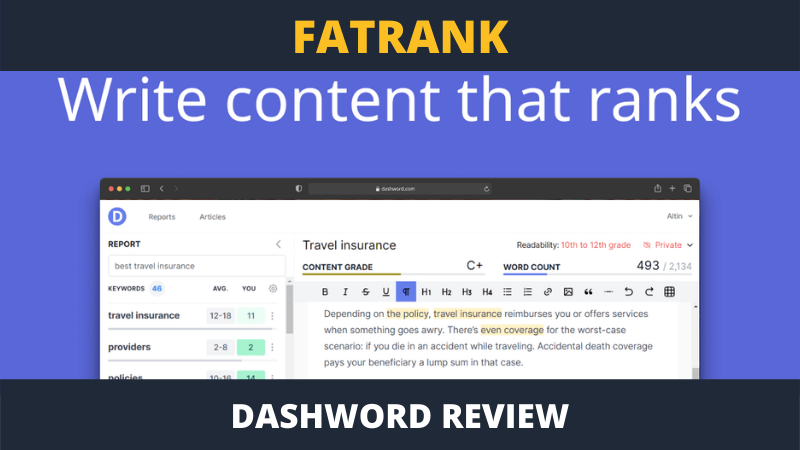
- Featured Snippets
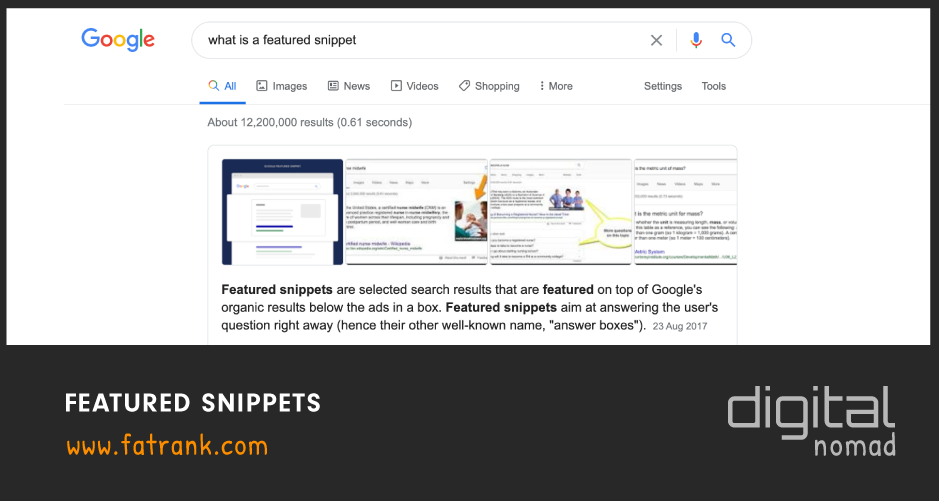
- Focus Keyphrase

- Google Duplicate Content Penalty

- Google Fresh Content Ranking Factor
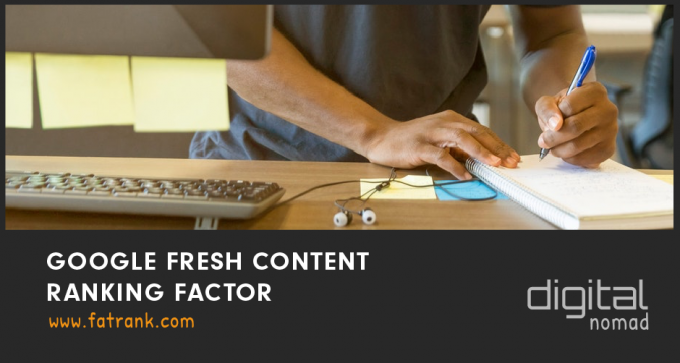
- How To Create A Topical Map
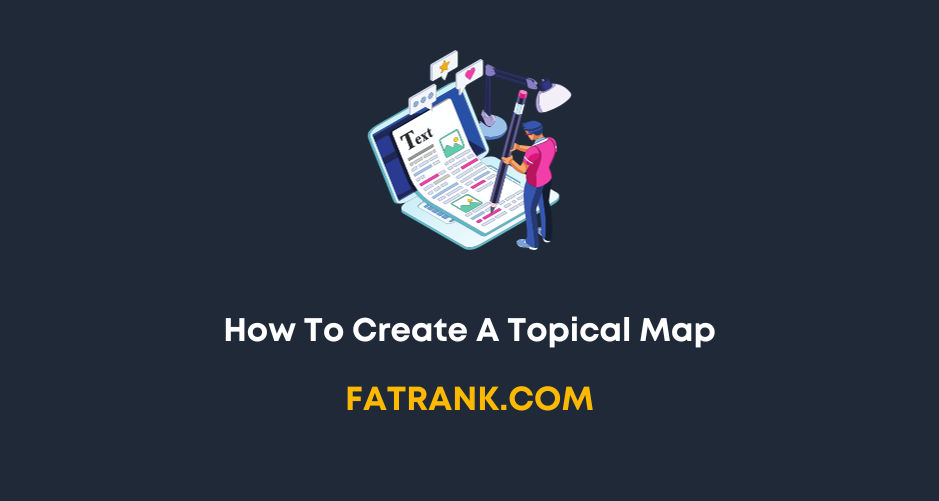
- Identify The Root, Rare, and Unique Attributes Of An Entity

- Jasper.ai Free Trial
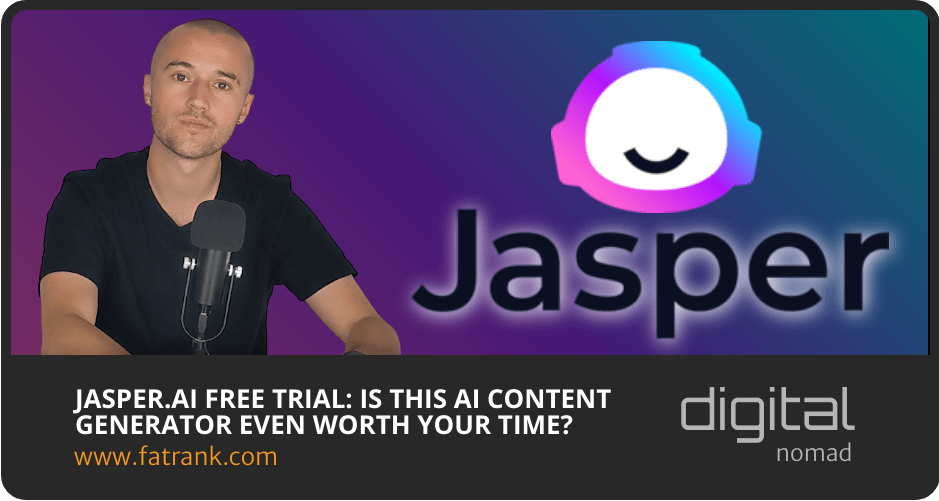
- Onboarding Writers

- One Page For One Corpus

- Ordering Content SOP

- Page Optimizer Pro

- Page ReWriter Review
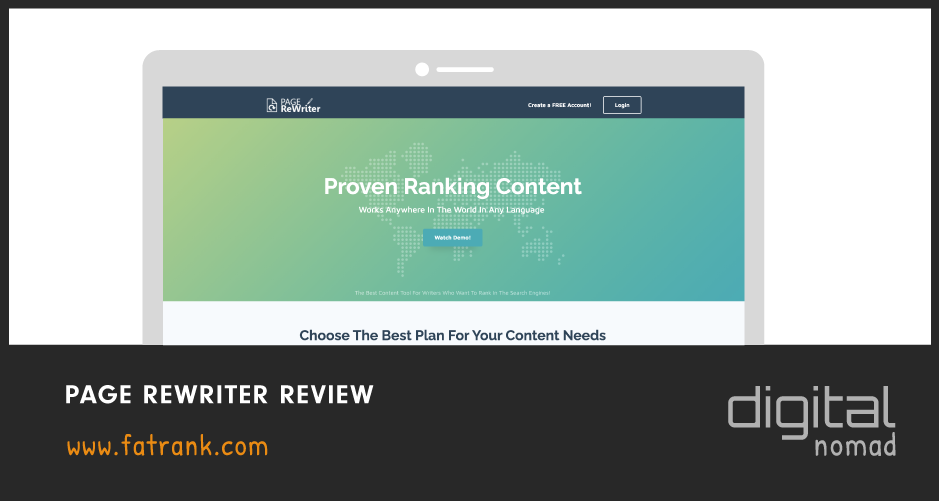
- Passage Ranking

- Progressive Content Optimisation SEO
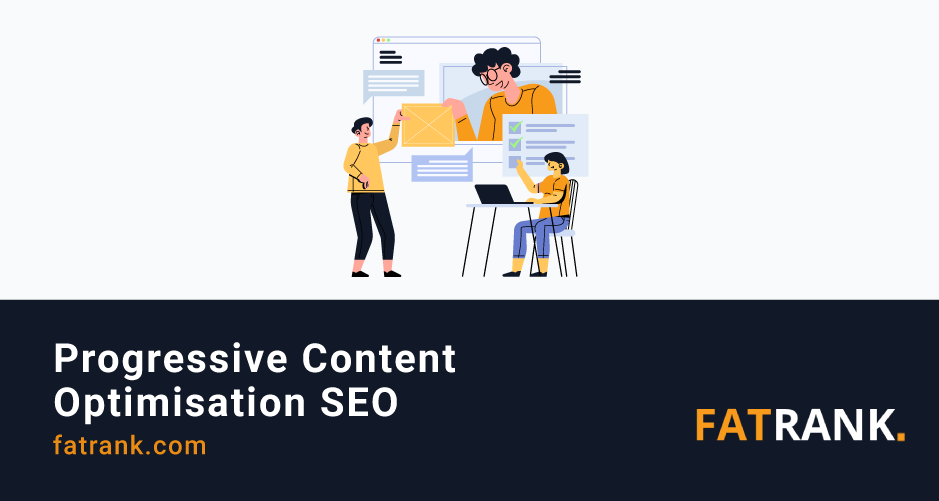
- Search Perspective Frameworks

- SEO Avalanche Technique
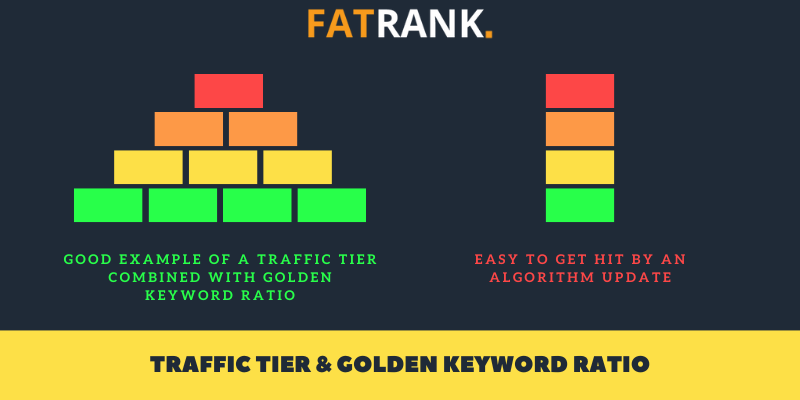
- SEO Content Audit Guide
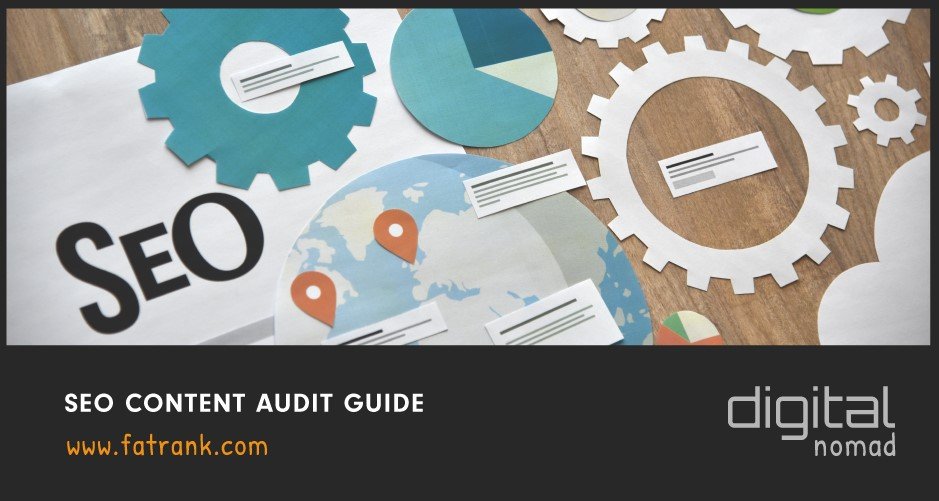
- SEO Content Optimization Tools

- SEO Content Writers

- Silo Internal Linking

- Standalone Content

- Stealth AI Writer

- Surfer AI Writer

- Surfer SEO Review
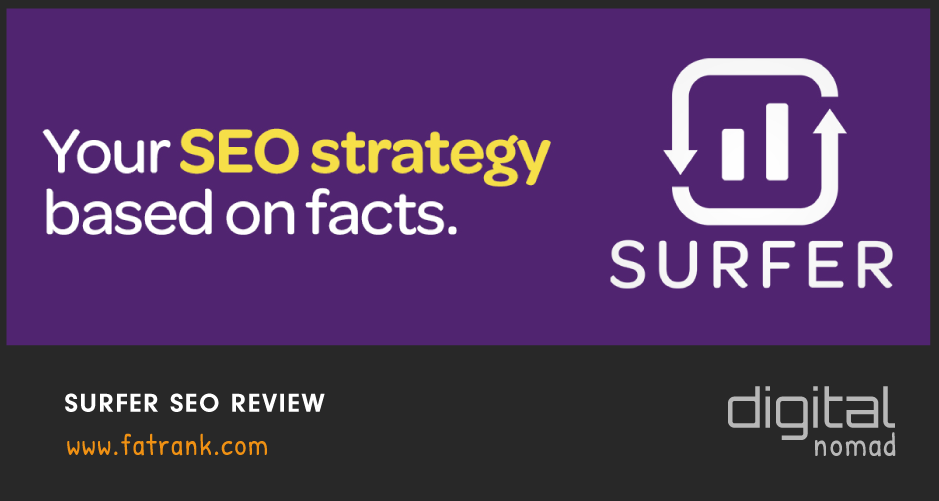
- Text Optimizer

- Text Structure
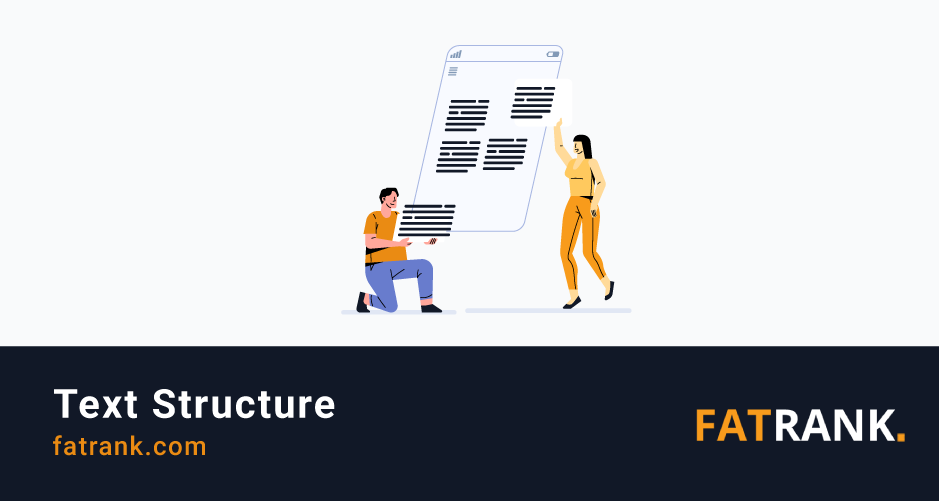
- The SEO Power of Concise Writing

- Topical SEO - Create Supporting Articles

- Use Topic Review
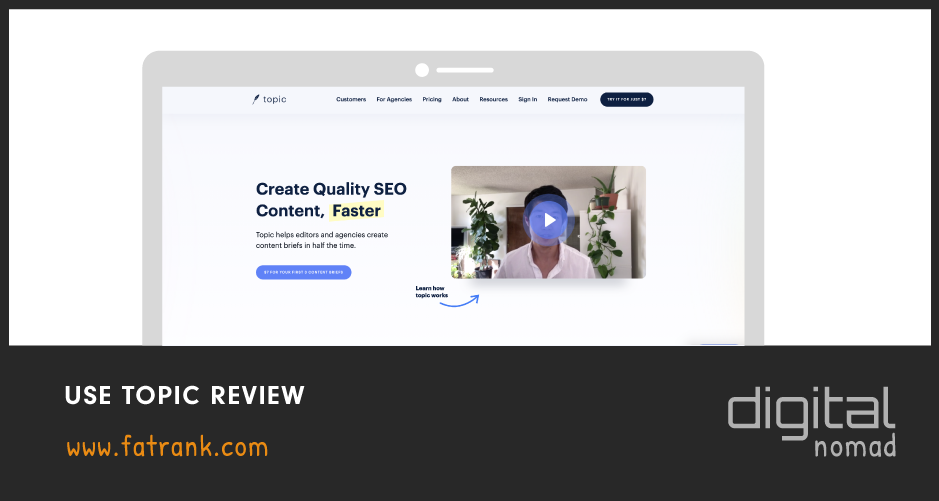
- Website Content Uploader

- Why Is Content Veggie The Best AI Content Tool for SEO?

- Workello


About FatRank
Our aim to explain and educate from a basic level to an advanced on SEO and Social Media Marketing.
